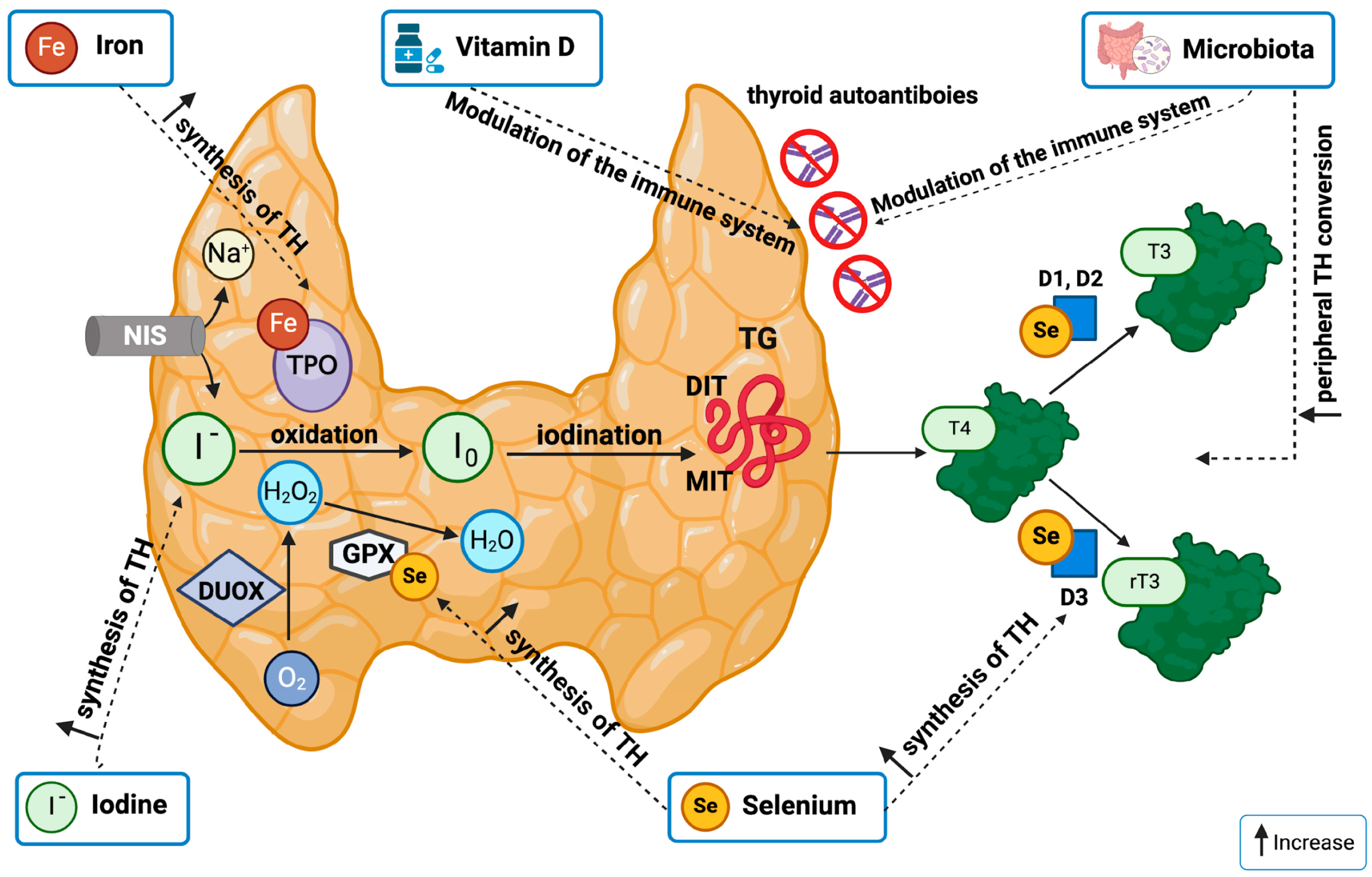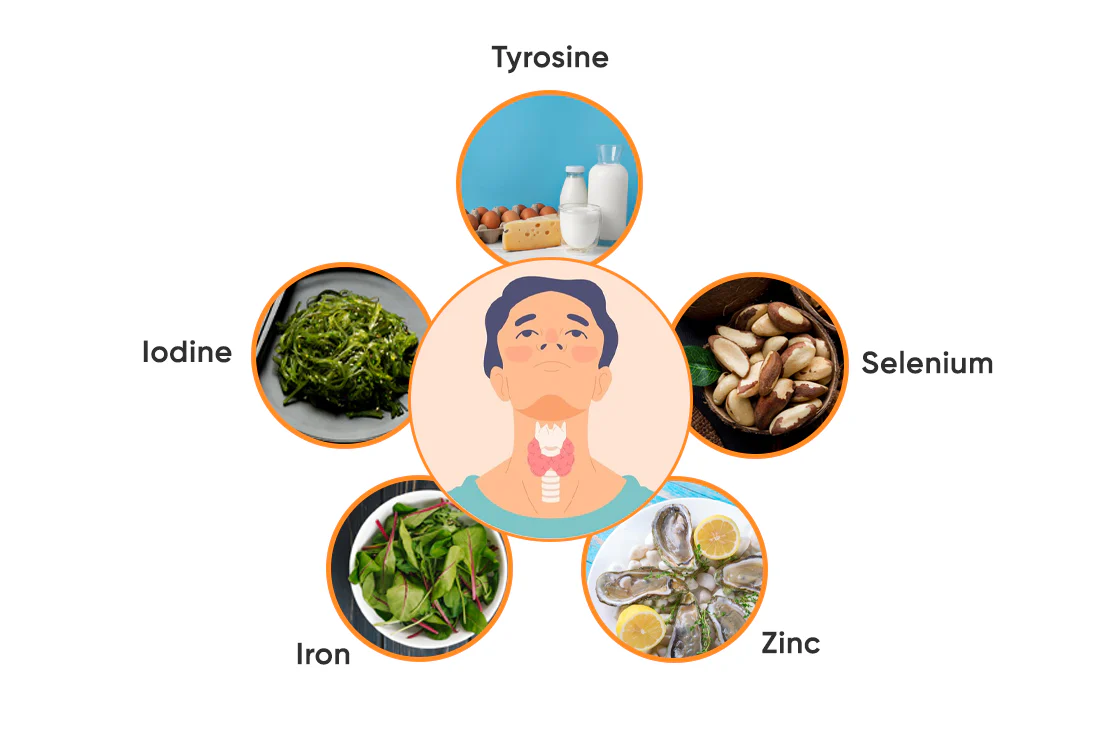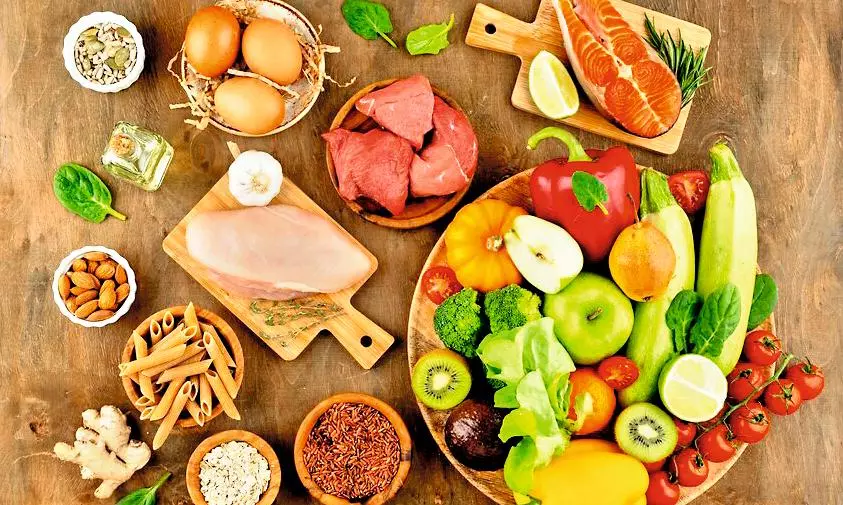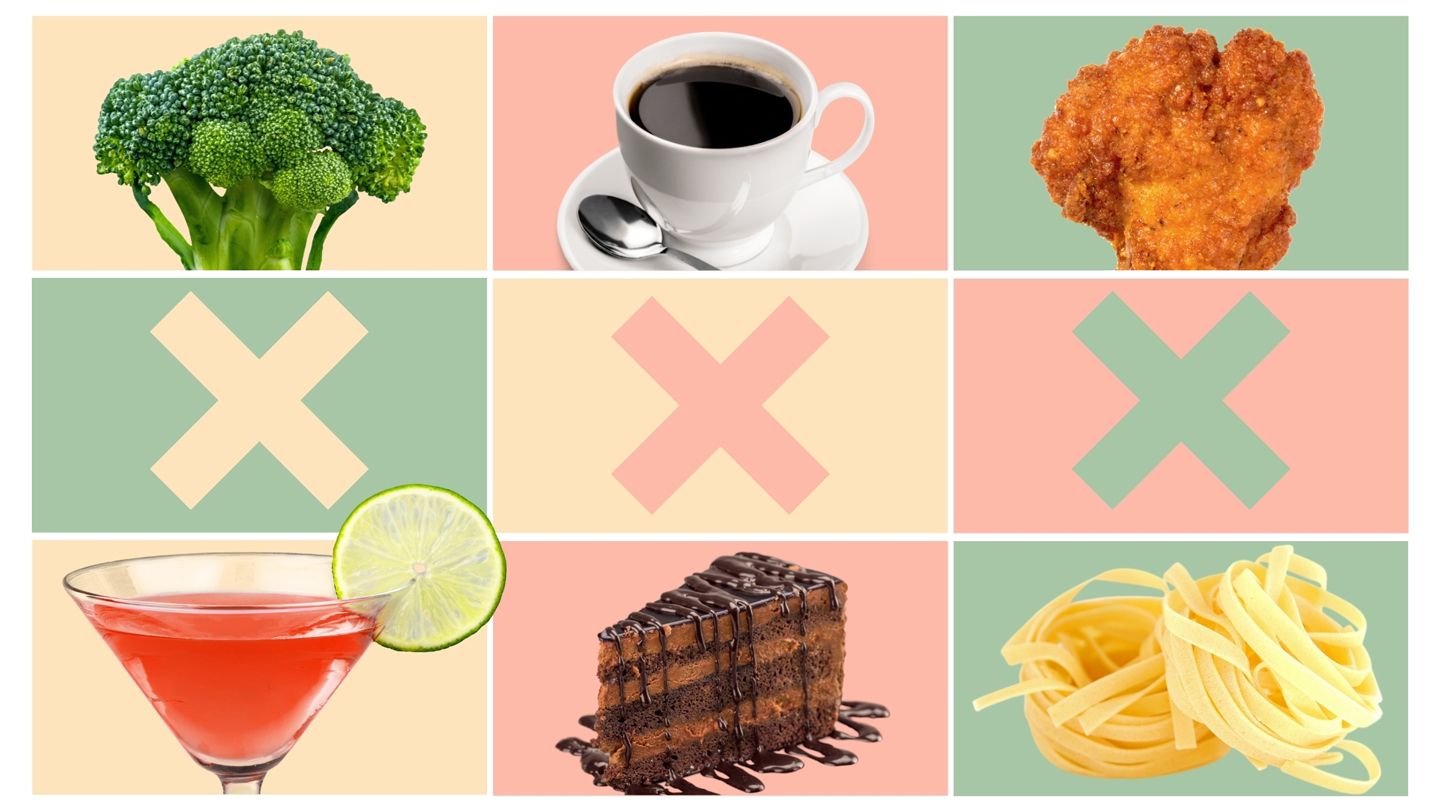Diet for Thyroid in Mumbai
Thyroid health plays a critical role in your overall well-being. Whether you’re dealing with hypothyroidism or hyperthyroidism, your diet can directly influence how well your thyroid functions. In cities like Mumbai, where stress, lifestyle, and food habits are constantly changing, maintaining thyroid balance becomes even more important.
This blog will guide you through a practical, effective diet plan for thyroid health. We’ll cover the right foods to include, what to avoid, how lifestyle factors affect thyroid function, and when to seek expert help. We’ll also introduce you to Deepak KD, a well-known nutritionist based in Thane, who can help you manage thyroid concerns through food.
Understanding the Role of Diet in Thyroid Health

Your thyroid gland controls your body’s metabolism, energy levels, weight, and even your mood. A poor diet can slow down or over-activate these functions. Nutrients like iodine, selenium, zinc, and iron are directly linked to healthy thyroid hormone production.
If you’re living with hypothyroidism (underactive thyroid), your metabolism may slow down, causing weight gain and fatigue. On the other hand, hyperthyroidism (overactive thyroid) can cause weight loss, rapid heartbeat, and anxiety. Diet alone may not cure thyroid problems, but it supports medical treatment and improves overall functioning.
Key Nutrients for Thyroid Health

1. Iodine
Iodine is essential for producing thyroid hormones. In India, iodized salt is the primary source.
- Include: Iodized salt in moderation, seaweed (in controlled amounts), yogurt, eggs.
- Avoid: Excessive iodine can worsen hyperthyroidism. Avoid self-supplementing.
2. Selenium
Selenium protects the thyroid gland and helps activate thyroid hormones.
- Include: Brazil nuts (1–2 per day), sunflower seeds, brown rice, mushrooms.
- Tip: Too much selenium can be harmful. Stick to small, food-based sources.
3. Zinc
Zinc helps with thyroid hormone synthesis and immune function.
- Include: Chickpeas, pumpkin seeds, cashews, whole grains.
4. Iron
Iron is needed to convert T4 into the active T3 hormone.
- Include: Spinach, lentils, beans, tofu, fortified cereals.
- Combine iron-rich foods with vitamin C (like lemon juice or oranges) for better absorption.
Foods to Include in Your Daily Routine

1. Whole Grains
They offer energy, fiber, and essential B vitamins. Oats, brown rice, and millet are good choices.
2. Leafy Greens
Spinach, fenugreek (methi), and amaranth provide iron, magnesium, and antioxidants.
3. Fresh Fruits
Berries, bananas, papaya, and apples support digestion and supply important vitamins.
4. Protein-Rich Foods
Paneer, lentils, beans, fish, and eggs help maintain muscle mass and regulate hormones.
5. Healthy Fats
Coconut oil (in moderation), ghee, nuts, and seeds support hormone balance.
Foods to Avoid or Limit

1. Cruciferous Vegetables (Raw)
Cabbage, cauliflower, broccoli, and kale can interfere with iodine absorption in raw form.
- You can eat them cooked occasionally.
2. Soy Products
Soy may disrupt thyroid medication absorption. Avoid large quantities, especially near your medicine timing.
3. Processed and Sugary Foods
These can worsen inflammation and disrupt hormone balance. Reduce packaged snacks, cold drinks, and sweets.
4. Gluten (in some individuals)
If you have Hashimoto’s (an autoimmune thyroid issue), gluten may trigger symptoms. Try eliminating it under professional guidance.
Lifestyle Tips for Better Thyroid Control

- Take your medication on time, ideally on an empty stomach, and wait at least 30 minutes before eating.
- Stay hydrated. Dehydration can slow your metabolism.
- Sleep 7–8 hours a night. Poor sleep affects hormone levels.
- Get regular exercise. Brisk walking, yoga, or strength training helps boost metabolism.
- Manage stress. Chronic stress affects thyroid function. Practice deep breathing or meditation.
Meet the Expert: Deepak KD, Nutritionist in Thane
Deepak KD is a practicing nutritionist, trainer, consultant, and social worker based in Thane. She has helped hundreds of clients manage thyroid issues, weight problems, and other metabolic disorders through personalized diet plans.
Her clinic, D’FAB U, is located at Kabra Galaxy, Brahmand, Thane, India.
She provides practical, food-first solutions for conditions like diabetes, hypertension, obesity, gastrointestinal issues, and thyroid dysfunction.
To book an appointment, you can call or visit the clinic directly.
Frequently Asked Questions (FAQs)
1. Can thyroid problems be reversed through diet alone?
No. While diet supports thyroid function, medication is usually necessary. Diet helps reduce symptoms and improves quality of life.
2. What time should I take my thyroid medicine?
Take it early morning on an empty stomach. Avoid food or drinks (except water) for at least 30 minutes after.
3. Is milk good for thyroid?
Yes, in moderate quantities. Milk contains iodine and selenium. Choose low-fat or toned milk if you’re watching your weight.
4. Should I completely avoid gluten or soy?
Only if advised by a doctor. Some people with autoimmune thyroid conditions may benefit from avoiding them.
5. Can I lose weight with hypothyroidism?
Yes, but it may be slower. A balanced diet, consistent activity, and thyroid medication help in weight control.
Final Thoughts
Managing thyroid health requires a combination of the right food, timely medication, and consistent lifestyle habits. Small changes in your daily meals can have a long-term impact on your energy, weight, and mental clarity.
If you’re struggling with thyroid symptoms, don’t self-diagnose or rely on generic diet charts. Seek expert guidance. A qualified nutritionist like Deepak KD can help tailor a diet that works for your body, your health goals, and your lifestyle in Mumbai.
You deserve to feel better—and the right food can be your first step.



